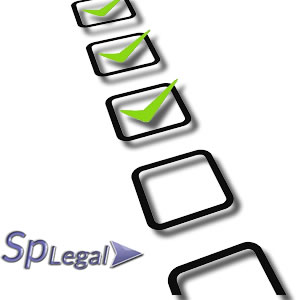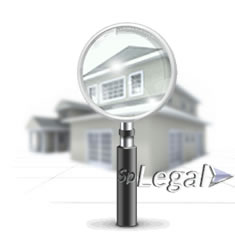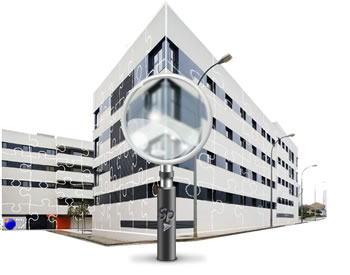


Legal Requirements Property in Spain |



There are a number of conditions that a property in Spain must meet for full legality. The verification of these requirements must be made prior to the purchase. In the most of the cases the problems found will be solvable.If not, avoid making the mistake of buying.
This is the list with the points that must be checked:

With the planning regulations, the ability of the owner about the land use has been limited. The distinction between Rustic and urban land indicates the possibility of building on the terrain. It does not mean that is not allowed to build in a rustic land but the rules are very restrictive. Each type of urban category gives the land the possibility to be built depending on the local urban rules. Therefore, it is mandatory to research the urban category of the land we are intending to buy and check its building possibilities.
Urban land are classified according to its planned use. So, there is land for industrial use, commercial use, use for services (schools, hospitals, ...), and the residential land destined for construction of dwellings.
Within the residential category need to pay attention to its subsidization regime. Most homes in Spain are privately developed and freely available, but there is the category of subsidized housing (VPO), for which you must meet certain requirements for its acquisition.

Every urban property needs to have its license to be used. In the case of dwellings in Spain is required to have its first occupation license or certificate of occupancy (depending on each autonomous community). They are needed to contract the utilities and certifies that the property meets the urban legality.
The Cadastre is an administrative Register managed by the Ministry of Finance and Public Administration. It contains the description of property rustic and urban. On it appears the superficial and volumetric description of the properties, Its urban classificatión and the owner.
Cadastral data are taken from aerial photographs, so it does not have to coincide with reality. These data can be amended and adapted to the reality (which implies expenses). So it is something that must be checked before making the purchase.
Based on the cadastral data, the administration valuates the property in Spain, being the guide for the taxable base in the calculation of various taxes such as Ibi (Local property tax), plusvalía or transfer tax, among others.
Sometimes reality, in terms of area or volume, of a property does not match the data recorded at the Land Registry or Cadastre. A common hidden risk when buying property in Spain could be that the actual boundaries are different from those that appear inscribed. In such case to modify what is inscribed on those Registers is mandatory initiate a legal or administrative process which implies costs. Check it out before the purchase.
If the misunderstanding appears in what is already built must investigate whether every single part of the construction complies with the law (Licences, Coast law...)
There are possible economic charges (in the form of mortgages, embargo,...), others in the form of third parties' legal rights (like the usufruct or the easements) that limit the enjoyment of the property by the owner; and, finally there are other charges that come as a consequence of obligations not paid by the former owner. Check it.

The community of owners has its own rules and principles and, subsidiarily, is ruled by the Spanish Community of Owners Act (Ley de Propiedad Horizontal).
When a property is part of one of such entities must obey the rules and obtain permission from the neighbours for things that have influence in the building (i.e. improvement works). It is important to research if there is any dispute around the property, and, also important, whether there are debts left by the former owner. The property behaves as a warranty on its payment.
Check the community of owners.
It is important that the seller of a property is who is listed as such in the records of the Land Registry.
Also is important to check if there is anybody living in the property, either by contract or, worse, squatters. In any case, the recovery of the possession takes time and money.
As seen before could exist third parties' legal rights that limit the enjoyment of the property by the owner.
But, besides, at the time of the purchase could exist third parties rights about the purchase itself, as the right of first refusal (Derecho de Tanteo) prior to the purchase, or the rigth of repurchase (Derecho de Retracto), after the contract is signed.
Another possibility is the preferent right to purchase a property that a third party could has due to Purchase option agreement. Get informed with your lawyer about these matters.
RELATED INFO |
Services by
|
Search property in Spain |
Do not pay for our servicesBuying a property in Spain with us our fees as lawyers, economists, appraisers and real estate agents are free. |
We take care of everythingLegal advice. Due diligence. Tax advice & returns. Appraisal. Contracts & Deeds. Property Registration... |